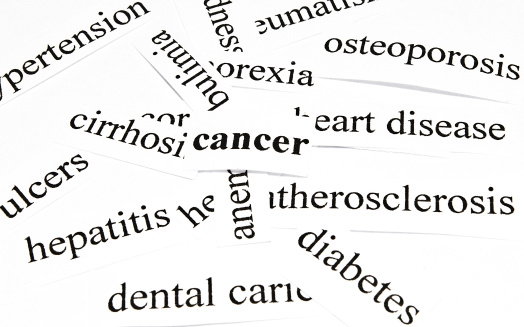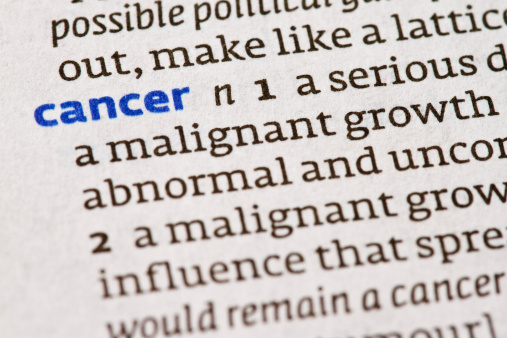Sleep apnea might raise cancer-causing tumor growth due to intermittent hypoxia
Sleep apnea might raise cancer-causing tumor growth due to intermittent hypoxia. Previous research has linked sleep apnea with worsened cancer outcomes and even increased the risk of cancer deaths. For the new study, researchers believe that intermittent hypoxia reduces the amount of oxygen to blood cells thus contributing to cancer tumor growth. The researchers studied ...click here to read more












